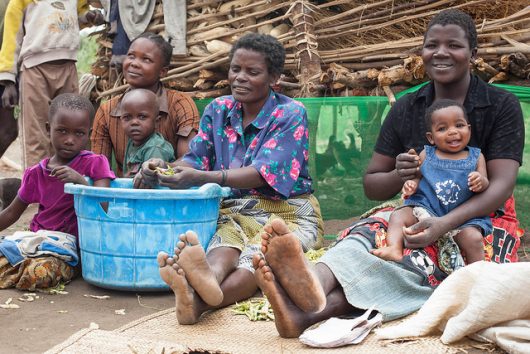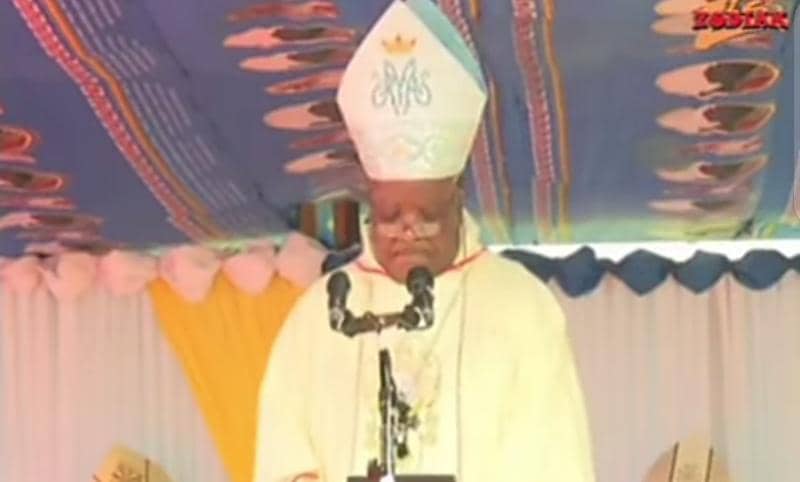By Burnett Munthali
In 2020, Malawi made history with the court-ordered fresh presidential election that saw the end of Peter Mutharika’s Democratic Progressive Party (DPP) government and ushered in the alliance of Lazarus Chakwera’s Malawi Congress Party (MCP) and Saulos Chilima’s UTM Party. The Constitutional Court’s decision to nullify the 2019 election results due to widespread irregularities was hailed as a victory for democracy in Malawi. Citizens went to the polls in June 2020 with high hopes for political transformation, economic recovery, and an end to the governance woes that had plagued the country.
Four years on, many Malawians are asking: Has the change in government brought the much-needed improvement in their lives? Unfortunately, despite the optimism of 2020, the daily struggles of Malawians remain, and in some cases, they have worsened. Let’s take a closer look at the challenges faced by the nation today and how the promises of the 2020 election have measured up.
One of the biggest promises made by the Chakwera-led government was economic recovery. Malawi’s economy has long been fragile, with high unemployment rates, rampant inflation, and dependence on agriculture. While the new administration inherited a challenging economic situation, many Malawians feel that the government has failed to effectively manage the economy since taking power.
Inflation continues to erode purchasing power, and the cost of living has become unbearable for the average citizen. Essential goods such as maize, cooking oil, and fuel have seen price hikes that many households cannot keep up with. Despite government attempts to stabilize the economy, including reforms to attract foreign investment, the impacts of global economic disruptions, coupled with mismanagement of domestic resources, have left many Malawians feeling no relief.
In 2020, there was hope that a fresh government would prioritize building a resilient and diversified economy. However, four years later, many feel that the economy remains stagnant, with few job opportunities, especially for the youth. The government’s flagship Affordable Inputs Programme (AIP) has been marred by logistical issues, budget constraints, and accusations of corruption, meaning the agricultural sector, which employs most Malawians, has not seen the anticipated growth.
One of the most pressing issues facing Malawi today is unemployment, particularly among young people. The youth make up a large portion of Malawi’s population, and during the 2020 elections, many of them were hopeful that the Chakwera government would bring about significant employment opportunities. The “Tonse Alliance” promised job creation and development projects that would absorb the high number of unemployed graduates and other young people struggling to make a living.
However, four years later, the unemployment rate remains high, and job creation has not materialized as expected. For many young Malawians, securing meaningful employment feels like a distant dream. Most are left to fend for themselves in the informal sector, where wages are low, and job security is nonexistent. The lack of progress in addressing youth unemployment has been one of the biggest disappointments since the government change.
One of the major reasons Malawians demanded change in the 2020 elections was the pervasive corruption that had come to define the previous administration. The new government promised a “cleaner” and more accountable government, with President Chakwera himself vowing to root out corruption at all levels.
While the Chakwera administration has made some efforts to tackle high-profile corruption cases, including the prosecution of former officials, the fight against corruption has been slow and selective. Corruption remains entrenched in many parts of the public sector, from procurement processes to resource allocation. Malawians are growing frustrated with what they see as a lack of political will to truly address the problem. The slow pace of justice in corruption cases has led many to question whether the current government is truly committed to the transparency it promised.
Additionally, allegations of corruption within the current government have tainted its image, further eroding public trust. The fight against corruption, which was one of the key promises in the 2020 election campaign, remains one of the most significant unfulfilled commitments of this administration.
Malawi’s public services, particularly healthcare and education, remain in crisis. The healthcare sector, already strained due to years of underfunding, has been further tested by the COVID-19 pandemic. While the government has made efforts to improve healthcare infrastructure and services, the system still faces significant challenges. Drug shortages, poorly equipped hospitals, and overburdened healthcare workers continue to affect the quality of care.
Education is another area where the government has failed to deliver substantial improvements. While access to education has expanded, especially at the primary and secondary levels, the quality of education remains poor. Overcrowded classrooms, lack of learning materials, and poorly paid teachers have hampered progress in the education sector. For many young Malawians, the promise of free secondary education has not been accompanied by improvements in the learning environment, leaving them ill-prepared for the job market.
The Tonse Alliance swept to power on promises of better governance, transparency, and accountability. Malawians hoped for an end to the “old ways” of doing things—where political elites were seen as serving their own interests rather than the needs of the people. While there have been some positive steps, such as more freedom of speech and improved civil liberties, the government has struggled to meet its lofty governance goals.
Citizens are increasingly expressing dissatisfaction with what they see as broken promises. For example, the promise to reduce the size of the cabinet and cut unnecessary government spending has not been fully realized. Instead, critics argue that the government has maintained a bloated administration, and the perks of high-level government officials remain intact. These issues have caused disillusionment among Malawians, who feel that the political elite continues to benefit at the expense of ordinary citizens.
As Malawi reflects on the four years since the historic 2020 election, it is clear that the struggles of the average citizen persist. While the Chakwera government has made some strides, such as upholding democratic freedoms, much of its economic and governance reform agenda remains unfulfilled.
The urgency of the situation cannot be overstated. If the government is to regain public trust, it must prioritize addressing the root causes of economic hardship, employment challenges, and corruption. Meaningful reform in agriculture, investment in youth employment, and a renewed commitment to fighting corruption are essential if the promises of 2020 are to be redeemed.
Malawi is at a critical juncture, and the path forward requires leadership that is both responsive and accountable to the needs of its people. Four years after Malawians changed their government in a landmark election, the hopes of a better future remain alive—but the struggle continues




